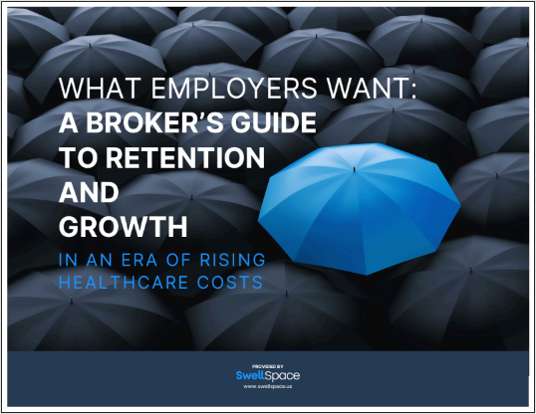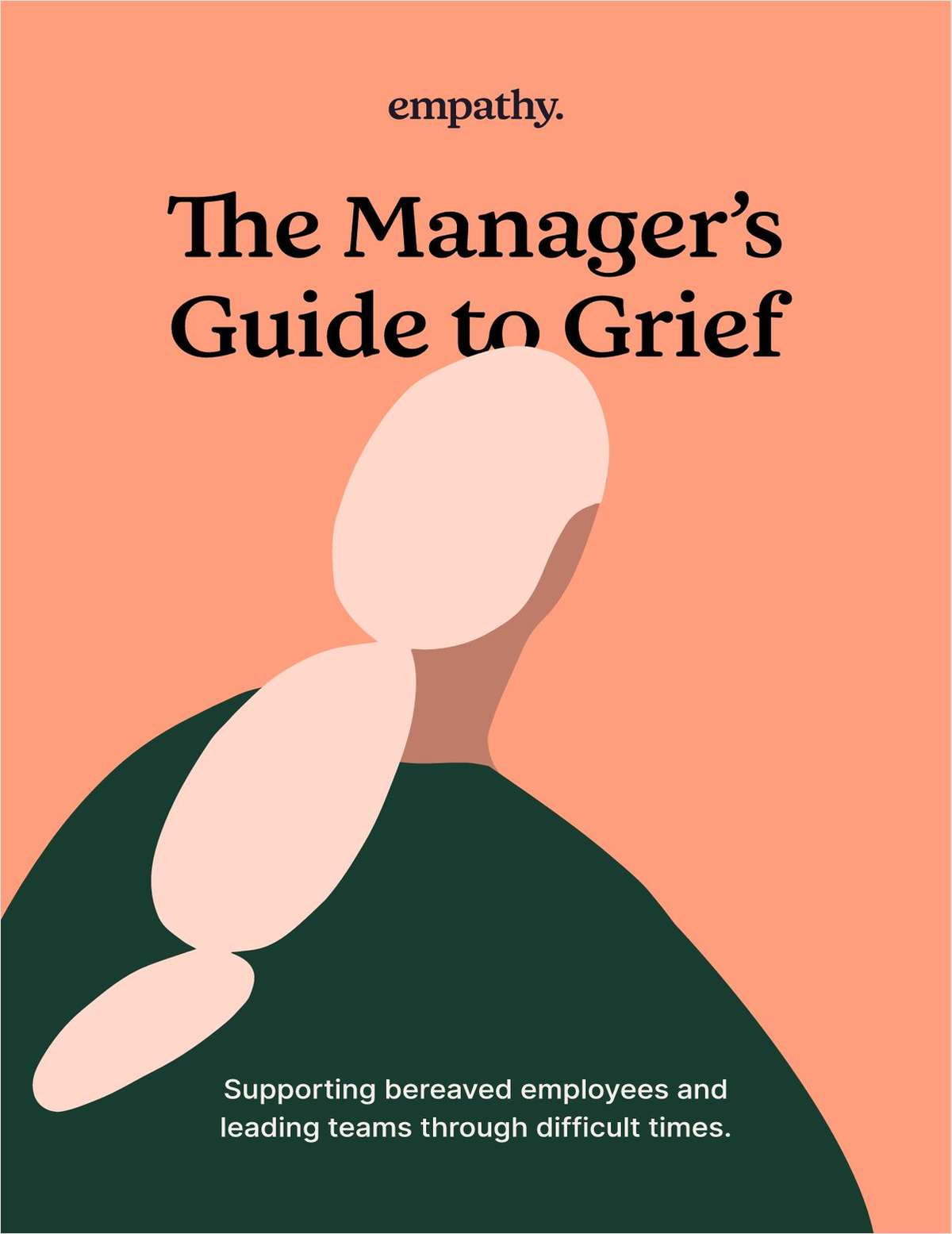MADISON, Wis. – If there were any lingering doubts the U.S. was going through a recession, they were dispelled by some of the latest economic statistics such as those released by the National Association of Purchasing Management which showed its non-manufacturing business activity index fell to its lowest point in the survey's four-year history – dropping to 40.6 from 50.2. A reading below 50 indicates contracting activity in the services sector, which includes everything from transportation to legal and financial services. Despite the bad news, there are still noticeable disparities between the current recession and others the U.S. has gone through. Credit unions' abilities to leverage these disparities, says one credit union lending expert, can mean the difference in how credit unions come out of the recession in terms of consumer and mortgage lending, and the competitive position they're in when the economy begins to rebound. When most consumers recall recent recessions in the U.S., the ones in 1981-82 and 1991-92 come to mind – the first was more severe and witnessed high unemployment rates and the U.S. transitioning from a manufacturing economy to a service economy; the latter was relatively mild and of short duration. The recession the country is currently going through is also expected to be short and mild, according to economists. Experts optimistically expect the downturn to bottom out by late winter before rebounding to moderately good growth by summer 2002. What makes the recession of 2001 unique, says Bill Klewin, assistant vice president of CUNA Mutual Group's "loanliner" lending solution is that, "Unlike some previous recessions which set off fundamental changes in the economy, now we're seeing more regional issues and some market sectors being affected more than others." Klewin, who is also chairman of $200 million-CUNA Credit Union in Madison, Wis., said that based on data he's reviewed and conversations he's had with credit unions officials, CUs are concerned and aware of the recession but they're not seeing behavioral changes in members' borrowing habits. "Members are still buying homes and vehicles, but there's more of a situational kind of holding back," says Klewin. "Members are being very selective with what they're not spending money on." In these economic times, Klewin strongly advises credit unions take advantage of the transactional aspect of mortgage lending. "Credit unions should focus in on first mortgage and refinancing opportunities and prepare themselves now for when the economy comes out of the recession," he suggests. "They need to capture the refinancings being done on mortgages they've approved as well as those transacted by other financials." This issue and more were topics of pre-conference workshops and general session presentations made during last week's 7th annual CUNA Lending Conference held at the Le Meridien Hotel in New Orleans, La. Credit unions should diversify the products they provide and consider offering recession-proof products, such as student loans and used auto loans. It's also a good time for them to look at the technology upgrades they can make, such as new lending systems and updated Web sites. CUs also need to revisit their marketing strategies and techniques and do more targeted mailings to members, says Klewin. "We're moving away from mass mailings," he says. Being relatively small in size is no excuse for a credit union not doing target marketing to members. "The issue isn't one of dollars, but one of focus," said Klewin. "The emphasis is on letting members know your story. Small credit unions have the ability to proportionately get the message to their members as do larger ones." Klewin continued that, "If a credit union fails to get into mortgages, it will be cherry picked by its members for the rest of their business. "Credit unions need to think of mortgage lending not just as an offensive product, but also a defensive one that can help them hold on to their members," says Klewin. "To not offer mortgages because a credit union is too small is essentially to roll over and give in." – [email protected]
Continue Reading for Free
Register and gain access to:
- Breaking benefits news and analysis, on-site and via our newsletters and custom alerts
- Educational webcasts, white papers, and ebooks from industry thought leaders
- Critical converage of the property casualty insurance and financial advisory markets on our other ALM sites, PropertyCasualty360 and ThinkAdvisor
Already have an account? Sign In Now
© 2024 ALM Global, LLC, All Rights Reserved. Request academic re-use from www.copyright.com. All other uses, submit a request to [email protected]. For more information visit Asset & Logo Licensing.








